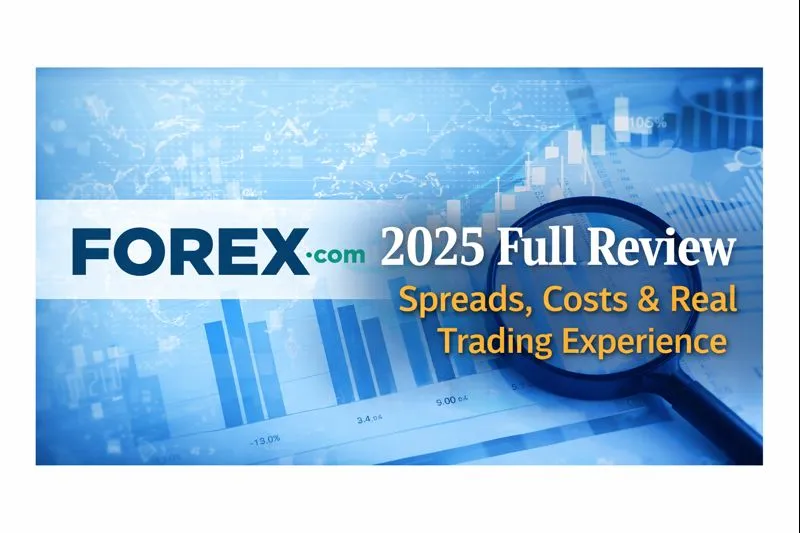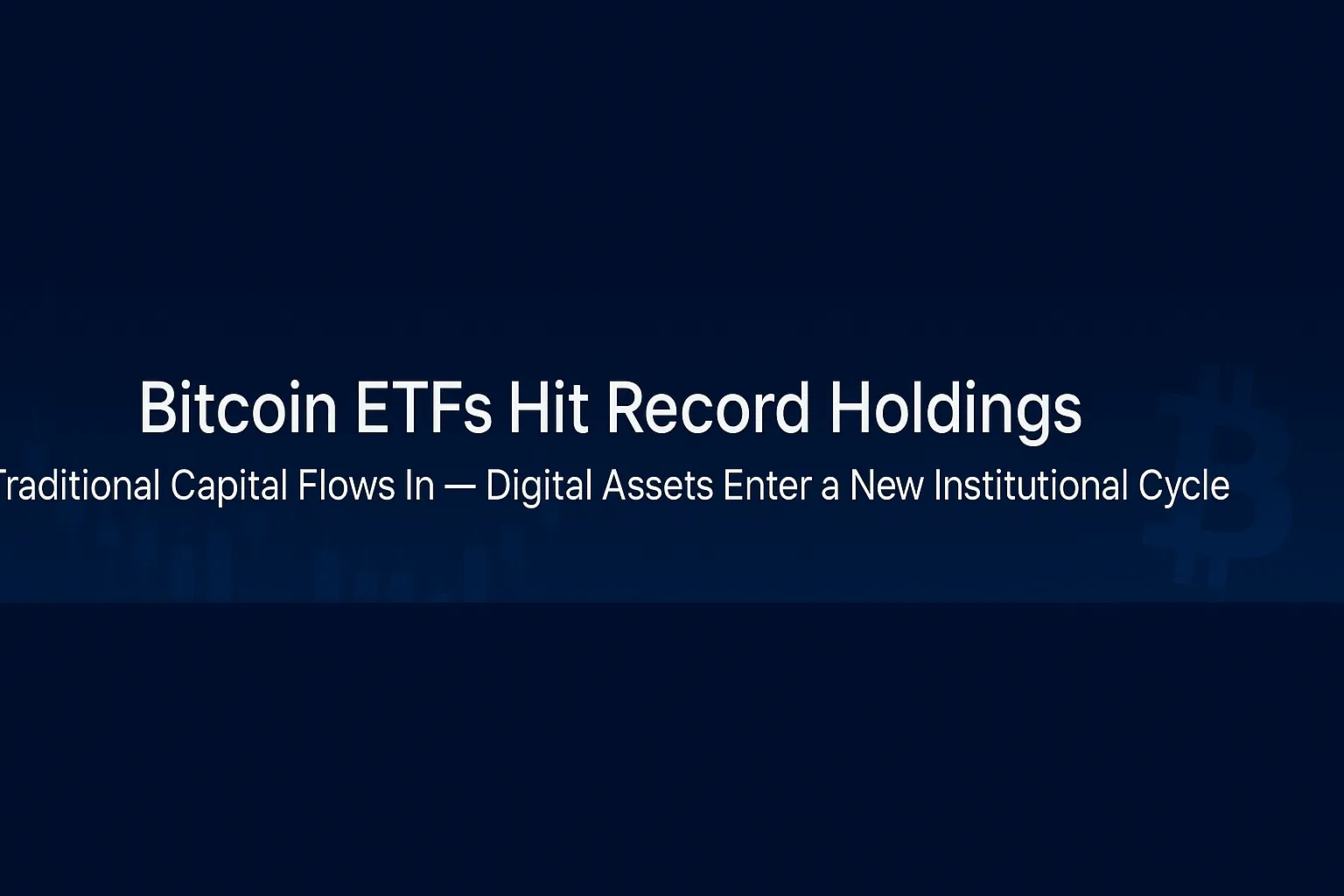Initial Public Offering
definition
An IPO is a crucial step in a company's transition from a private company to a public company. During this process, the company undergoes an audit, submits a prospectus, receives regulatory approval, and ultimately prices its shares. After the IPO, the company's shares become freely traded on the public market, and investors become shareholders.
Way
IPOs typically adopt two pricing methods: underwriting pricing and auction pricing. Companies typically hire investment banks as underwriters to assist with valuation, recruit investors, and sell shares. After the IPO, companies are subject to ongoing disclosure obligations and are subject to public and regulatory scrutiny.
Advantages
Enhanced financing capabilities: Through an IPO, a company can obtain a large amount of funds to expand its business, invest in research and development, or repay debts.
Enhance brand and transparency: Listed companies are required to follow stricter information disclosure systems, which will help enhance their corporate image and public trust.
Shareholder exit channels: Early investors or the founding team can realize capital returns through partial cashing out.
Disadvantages
Rising compliance costs: After listing, companies need to continue to fulfill audit, disclosure, and compliance obligations, which significantly increases expenses and management burdens.
Dilution of control: The original shareholders' shareholding ratio decreases, which may affect their dominance over the company.
Increasing market pressure: The company needs to continuously report its performance to investors, and its business strategy may be affected by short-term stock price fluctuations.
Case
Alibaba completed its IPO on the New York Stock Exchange in 2014, raising $25 billion in one of the world's largest IPOs. The listing helped Alibaba expand into international markets and strengthen its capital base, while also providing a cash-out opportunity for its shareholders and employees.
Summarize
An initial public offering (IPO) is a significant milestone in a company's development, bringing financial support and brand exposure, but also carrying with it compliance responsibilities and market pressures. Before pursuing an IPO, companies should assess their stage of development and capital needs to ensure that a listing will enhance their long-term value.
⚠️Risk Warning and Disclaimer
BrokerHivex is a financial media platform that displays information from the public internet or user-uploaded content. BrokerHivex does not support any trading platform or instrument. We are not responsible for any trading disputes or losses arising from the use of this information. Please note that the information displayed on the platform may be delayed, and users should independently verify its accuracy.
Related Terms
Possible Missed

FOREX.com 2025 Full Review Report: Spreads, Fees, Trading Platform, and Real Trading Experience
FOREX.com is one of the world's most recognized retail forex brokers, known for its strong regulatory background, transparent pricing structure, and professional-grade trading platform. In 2025, competition among forex brokers intensified, particularly in terms of spreads, order execution speed, and platform functionality. FOREX.com continues to position itself as a platform primarily geared towards disciplined and serious traders, rather than a broker that simply relies on bonuses to attract novice traders.

The European Parliament formally adopted the implementation rules for the Crypto Asset Markets Act (MiCA) | The world's most systematic crypto regulatory framework is now in place.
The European Parliament has formally adopted the implementing rules of the Crypto Asset Markets Act (MiCA), establishing the world's first comprehensive regulatory system covering cryptocurrencies, stablecoins, exchanges, and custodians. The new regulations lay the institutional foundation for digital finance in Europe, marking the beginning of a "rule-based era" for the global crypto market.

Japan's Financial Services Agency approves first bank-issued stablecoin project | Traditional finance officially enters the digital currency system
Japan's Financial Services Agency (FSA) has approved the JPY Token (JPYT), a fiat-backed stablecoin issued by Sumitomo Mitsui Trust Bank, marking Japan as the first major economy in Asia to allow banks to issue stablecoins. The project is pegged 1:1 to the Japanese yen and is fully regulated by the FSA, signifying the traditional banking system's full entry into the digital currency era.

Bitcoin ETF Institutional Holdings Hit Record High | Traditional Funds Enter the Market in Full Force, Digital Assets Enter a New Cycle of Institutionalization
The latest quarterly data shows that holdings in US Bitcoin spot ETFs have reached a record high, with institutional investors holding over 1.3 million BTC. Traditional asset management giants such as BlackRock and Fidelity have become major buyers, marking a shift in crypto assets from retail speculation to institutional allocation, and ushering in a new institutionalized phase for global digital finance.